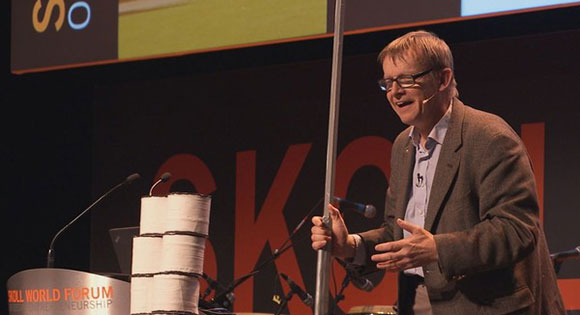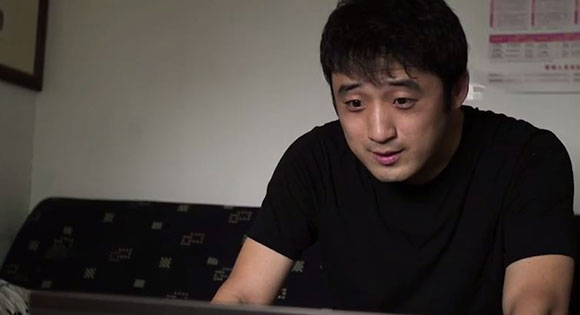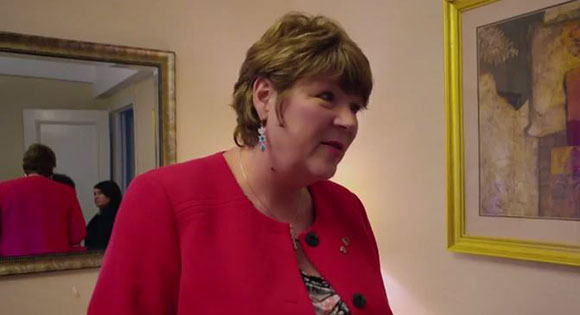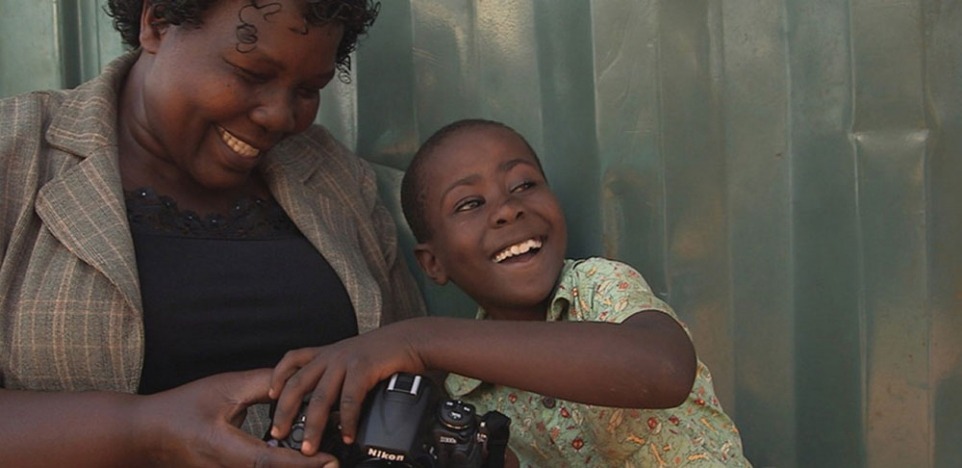The world's population is now seven billion people and by 2050 it is estimated to reach nine billion. Some observers refuse to worry about these statistics. Hans Rosling, a very popular global health professor and statistician, notes that the number of children born per year worldwide has stopped growing since 1990. 80% of the world's population live in countries where the average is two children per family. For these fortunate individuals there is no overpopulation problem.

But that leaves 20% of the world living where the average number of children far exceeds two. Jessica Yu, the director of this challenging documentary, presents the stories of three individuals who represent very different approaches to this problem.
The first story takes place in China, the most populous country on the globe with 1.35 billion people. Bao Jianxin, a young man in Beijing, is being hounded by his rural parents to get a wife before he turns 30. The government's one-child policy has resulted in an imbalance between men and women; 30 million men who will be left high and dry since there are not enough women to go around. In addition, many women are choosing careers over traditional motherhood. Attending speed-dating get-togethers and counseling on how to pick up a woman, Bao gets very stressed out in the face of his deadline.

The second story revolves around Denise Mountenay, a Canadian conservative who aborted a child at age 16 and has been turned into an anti-abortion activist by her fundamentalist church. She travels to New York City for a meeting of the U.N.'s Commission on Population and Development to speak out against those who advocate contraception and abortion. She comes across as a zealot whose Christian perspective is combined with a patronizing attitude toward Africans and other nonwhites.

In the third story, Wu travels to Kampala, Uganda, a small nation with a population of 35 million and the 3rd highest birthrate in the world. Here journalist Gladys Kalibbala tries desperately to help homeless children find their parents. She advocates enabling poor women to have better access to food, health, shelter, and education.
